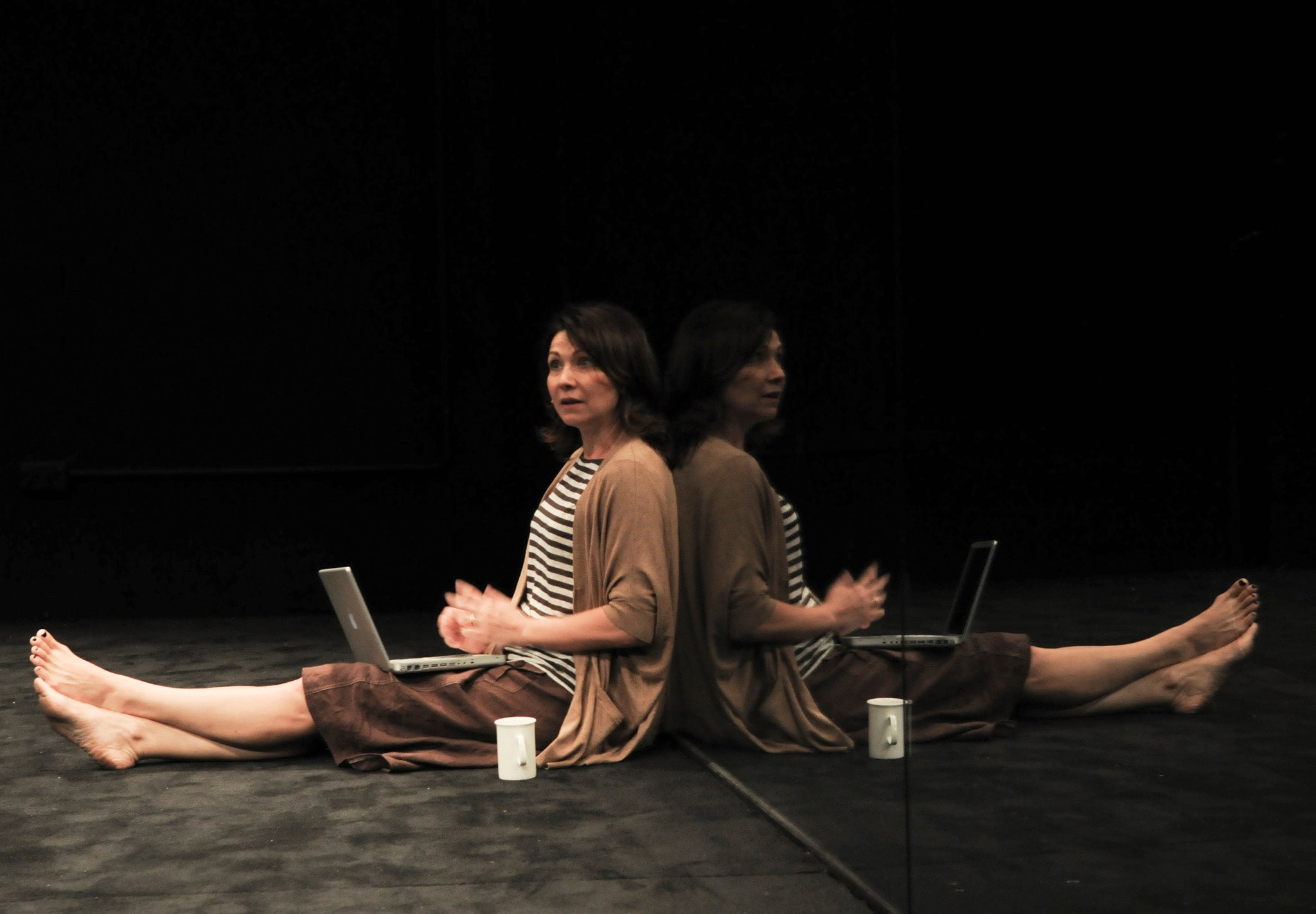The Wild Duck, Barbican Theatre, review: An imaginative reinvention of Ibsen's play
The play still demonstrates the deadly dangers of pursuing the truth at all costs

Your support helps us to tell the story
From reproductive rights to climate change to Big Tech, The Independent is on the ground when the story is developing. Whether it's investigating the financials of Elon Musk's pro-Trump PAC or producing our latest documentary, 'The A Word', which shines a light on the American women fighting for reproductive rights, we know how important it is to parse out the facts from the messaging.
At such a critical moment in US history, we need reporters on the ground. Your donation allows us to keep sending journalists to speak to both sides of the story.
The Independent is trusted by Americans across the entire political spectrum. And unlike many other quality news outlets, we choose not to lock Americans out of our reporting and analysis with paywalls. We believe quality journalism should be available to everyone, paid for by those who can afford it.
Your support makes all the difference.The Barbican's short and highly rewarding International Ibsen Festival comes to an unforgettable climax now with this version of The Wild Duck by Sydney's Belvoir theatre company.
Co-written by director Simon Stone and Chris Ryan and playing at 80 minutes straight through, it's not so much an adaptation as an updated reinvention of Ibsen's extraordinary play, with its tricky, bordering-on-queasy balance between comedy and tragedy and between realism and unapologetically pronounced symbolism.
The approach is one of stark austerity. Ibsen's dramatis personae have been halved. The essential characters that remain perform on a largely bare stage inside a glass box, as though they are subjects of an unfolding experiment. The sense of an unrelenting count-down to disaster is intensified by the flashing-up of the precise time of day in the black-outs between scenes. For a good while, these have a snapshot-like quality, mostly consisting of fraught duologues, hustled on by agitated snatches of a Bach solo violin sonata. The actors are mic'd which adds a throaty intimacy to the unsparing emotional frankness of their performances.
The basic situation and the import are the same. The play still demonstrates the deadly dangers of pursuing the truth at all costs and the wild duck (here portrayed by the genuine article) still emblematises mankind's need to hide, for dear life, in illusions. But motivations and emphases have often been altered and there's wholly new additional material.
Dan Wyllie's cold, alienated Gregers Werle, returning after eighteen years, doesn't seem impelled here by the usual,unnervingly warped messianic mission to free people from their fantasies. He looks to be driven more by jealousy of the happiness of others and by an Oedipal desire to avenge his mother when he destroys the family of old friend Hjalmar Ekdal with the news of his wife's pre-marital affair with Werle pere and doubts about the paternity of their beloved 15 year old daughter, Hedvig.
Similarly, Brendan Cowell's Hjalmar is not a man who has shielded himself by bombastic pretensions from the shame of his own father's ruin. He seems an easygoing scruff until the revelation drives him to paroxysms of injured male pride and a righteous abandonment of his duties..
You could argue that these changes lower the stakes, if it weren't for the unflinching way that Stone and Ryan's version charts the devastating effect on the women of the household. Anita Heghs is piteous as the wife, foetally slumped in mortification, and Sara West is brilliantly embarrassing and heart-rending as Hedvig.
The character is re-conceived as a very modern teenager – trying to hide her insecurities behind precocious smartness and a painfully false front of sexual experience that West conveys in all its terrible pathos. Two of the most rawly moving moments are when she pleads with Hjalmar to stay even if he's not her real dad and when she asks Gregers, spouting irresponsible talk of suicide, if he'd like a kiss.
She's cruelly rebuffed on both counts. The Ibsen original is more challenging but this Wild Duck has its own gutting imaginative integrity.
To Nov 1; 020 7638 8891
Join our commenting forum
Join thought-provoking conversations, follow other Independent readers and see their replies
Comments